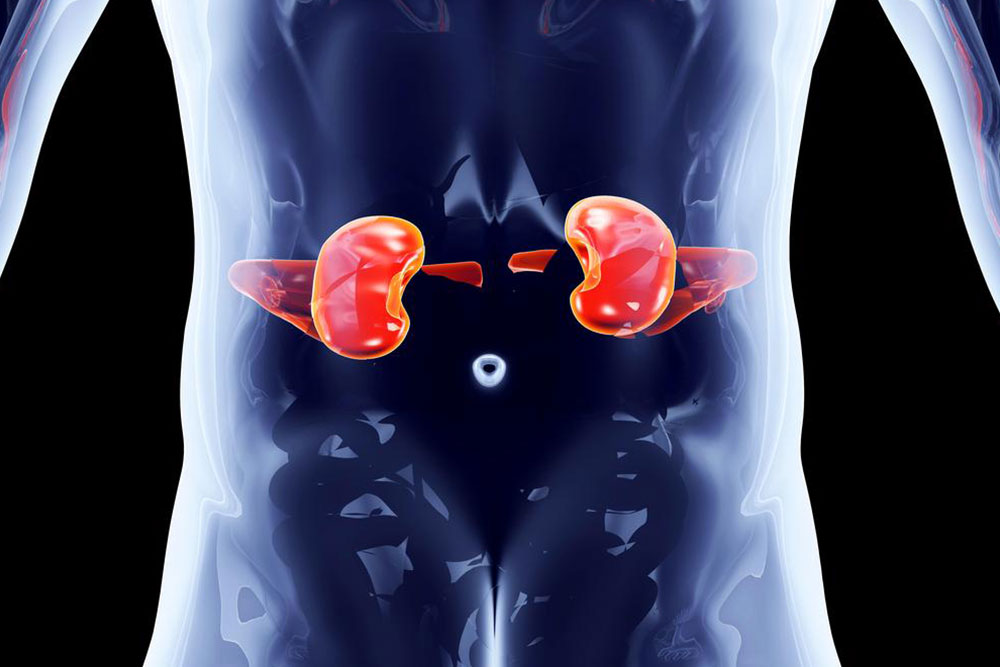Comprehensive Dietary Strategies for Preserving Kidney Function and Health
This comprehensive guide explores effective dietary strategies to maintain and improve kidney health. It offers practical advice on food choices, nutrient restrictions, and personalized diet plans tailored for individuals with compromised kidney function. Emphasizing the importance of sodium, potassium, phosphorus, and fluid management, the article provides actionable steps to slow disease progression, prevent complications, and support overall renal health. Regular consultation with healthcare providers is encouraged for optimal results, making this an essential resource for those aiming to preserve kidney function and improve quality of life.

Comprehensive Dietary Strategies for Preserving Kidney Function and Health
The human kidneys are essential organs tasked with vital responsibilities that sustain overall health. Their primary function is to filter and eliminate waste products accumulated from normal metabolic processes, maintaining a delicate balance of fluids, electrolytes, and other substances. These organs form a crucial part of the body's excretory system, preventing toxins from building up to harmful levels. Proper kidney health is imperative for longevity and overall well-being. However, various health conditions, most notably hypertension (high blood pressure) and diabetes mellitus, pose significant threats to kidney function, often leading to chronic kidney disease (CKD) or even complete renal failure.
Understanding how lifestyle choices, especially diet, influence kidney health is vital. Implementing targeted dietary modifications can substantially reduce the risk or slow the progression of kidney-related ailments. Emphasizing nutrient-rich foods, limiting harmful ingredients such as excess fats, sugars, and sodium, and following a well-structured renal diet are fundamental steps for individuals at risk or diagnosed with kidney impairment.
What is a Kidney-Friendly Diet?
Often referred to as a renal diet, it is a specialized eating plan designed for individuals experiencing compromised kidney function. This diet's primary goal is to help control the levels of waste products and toxins in the blood, prevent or delay the accumulation of harmful substances, and maintain the body's electrolyte balance. Properly following a kidney-friendly diet supports the kidneys' reduced capacity to filter and eliminates excess substances, thereby alleviating strain and preserving remaining kidney function. For patients with advanced kidney disease, early dietary intervention can slow disease progression and potentially delay the need for dialysis or transplantation.Adopting a kidney-friendly diet involves strategic reductions in specific nutrients such as sodium, phosphorus, and protein. This diet often enforces restrictions on high-quality proteins and fluid intake, tailored according to individual health status and treatment plans. Adjustments to potassium and calcium levels are also key components, customized by healthcare professionals to suit each patient's needs. Personalization is vital; therefore, an individualized dietary plan ensures optimal management and better health outcomes for those with CKD.
Understanding the roles of vital nutrients in kidney health is critical. Here are key nutrients and their impact:
Sodium
Maintaining appropriate sodium levels is crucial because kidneys that are impaired cannot effectively excrete excess sodium. High sodium intake can lead to water retention, increased blood pressure, and swelling, aggravating kidney damage. Therefore, a low-sodium diet reduces the strain on the kidneys and helps control blood pressure, which is essential for slowing CKD progression.
Potassium
Potassium is vital for maintaining healthy heart rhythms and muscle functions. When kidney function declines, potassium can accumulate in the blood due to reduced excretion, leading to dangerous complications such as muscle weakness, irregular heartbeat, and in critical cases, cardiac arrest. Regular monitoring and dietary adjustments are necessary to manage potassium intake effectively.
Phosphorus
Phosphorus plays a significant role in bone health and cellular functions. In healthy kidneys, excess phosphorus is excreted efficiently. However, in CKD, phosphorus builds up in the blood, weakening bones (renal osteodystrophy) and causing calcium deposits in tissues and organs, which can lead to serious health issues, including cardiovascular problems. Dietary control of phosphorus-rich foods is essential to prevent these complications.
Fluid Intake
Proper management of fluid consumption becomes increasingly important as kidney function declines. Since impaired kidneys may produce less urine, fluid overload can occur if intake exceeds the kidneys' capacity, leading to swelling, increased blood pressure, and possible heart strain. Personalized fluid management plans, especially for dialysis patients, help maintain optimal hydration without overburdening the kidneys.In conclusion, an effective kidney-friendly diet involves thoughtful restriction of sodium, potassium, phosphorus, fluids, and high-quality proteins. Avoiding processed and packaged foods, which are often loaded with salt, preservatives, and additives, is essential. Reading food labels carefully and choosing fresh, whole foods can significantly reduce kidney stress. Key foods and beverages to limit include processed meats (bacon, deli meats), frozen dinners high in salt, sugary sodas, sweetened beverages, and condiments like mayonnaise or salad dressings that contain excessive sodium and additives.
Adopting these dietary practices can help support kidney health, slow the progression of chronic kidney disease, and decrease dependence on dialysis. Regular consultation with healthcare professionals—including dietitians and nephrologists—is crucial to tailor dietary plans to individual health conditions and to ensure that nutritional needs are met without compromising kidney function. With proper management, it is possible to live healthily and actively while protecting these vital organs for the long term.





